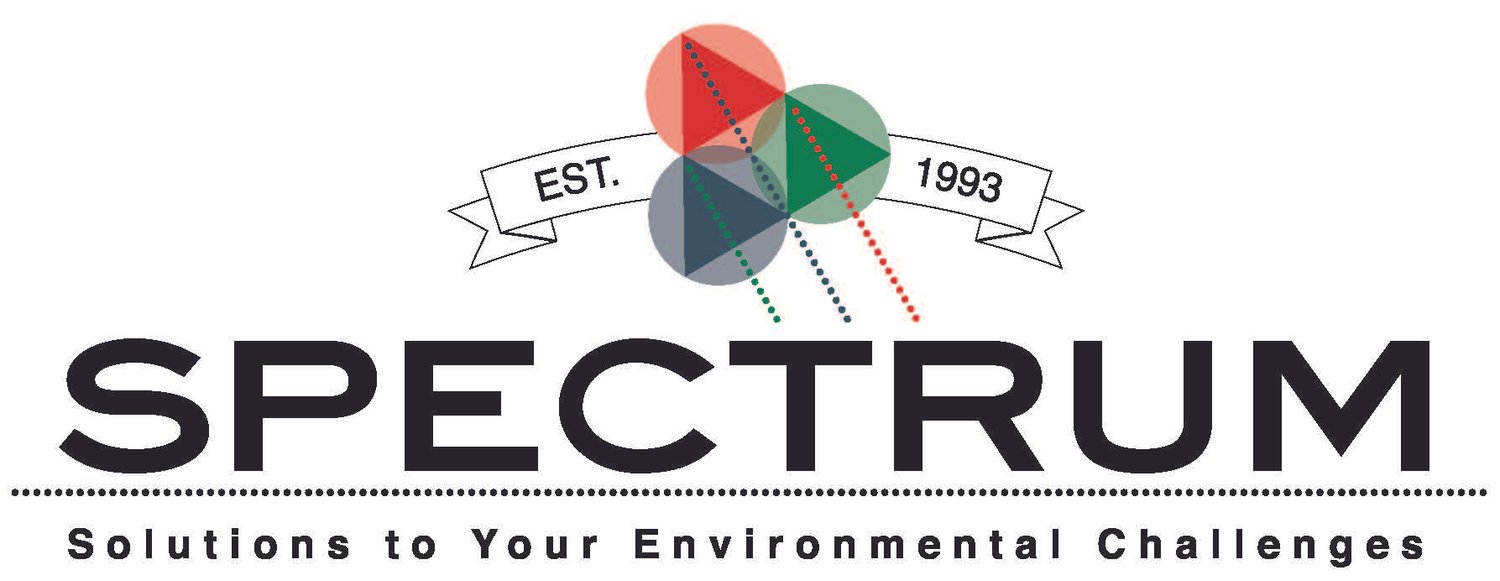
Property Assessment
and Due Diligence
Reduce Your Exposure to Environmental Liability
One of the major concerns in any commercial real estate transaction is that of environmental liability associated with activities by the current and previous landowners.
Some properties may have been used for business purposes that are readily associated with environmental concerns, such as gas stations, dry cleaners, and manufacturing facilities. Other types of properties may not have obvious concerns, yet may have hidden issues that the current property owner may be unaware of. For example, an undeveloped parcel located near a manufacturing plant may have groundwater that has become contaminated because of the neighbor’s business activities.
These types of environmental hazards can scuttle business plans and – if not addressed prior to closing on the real estate transaction – can lead to years of litigation between the involved parties, not to mention fines and other governmental sanctions. This is especially true given that U.S. courts have held that under CERCLA rules, current property owners, lessors, and creditors may be held responsible for remediation of environmental hazards, even if those hazards were created by a previous property owner or lessor.
Our Team of Consultants Can Help!
Spectrum Environmental is eager and qualified to serve you whether your operating in the world of a one-off property purchase or your need includes the evaluation of a portfolio of property spread across a wide geographic footprint. Further, our expertise allows us to assist you through:
ASTM Phase I Environmental Site Assessment (Phase I ESA) standard evaluations
Phase I ESAs incorporating various HUD, MAP, RAD, CDBG, and other Federal guidelines
Phase II Environmental Site Assessments
State-specific Housing Authority requirements
Brownfield/Voluntary Cleanup Program Assessments
Soil and Groundwater Assessments
Asbestos Containing Materials (ACM) / Lead Based Paint (LBP) Surveys
Geological Assessments
Environmental Compliance Audits
Other services based on client’s specific needs and goals, including identification of potential revenue streams available through tax credits or deferments within these programs.


